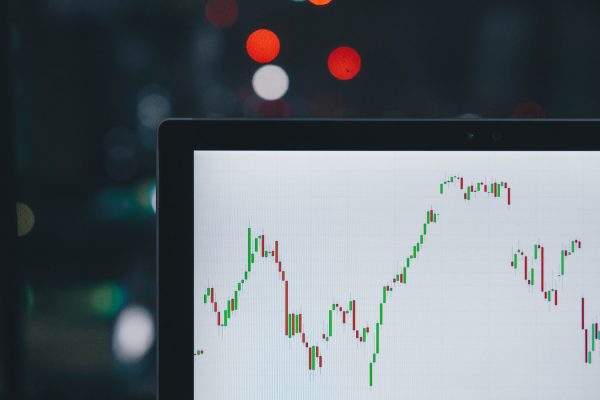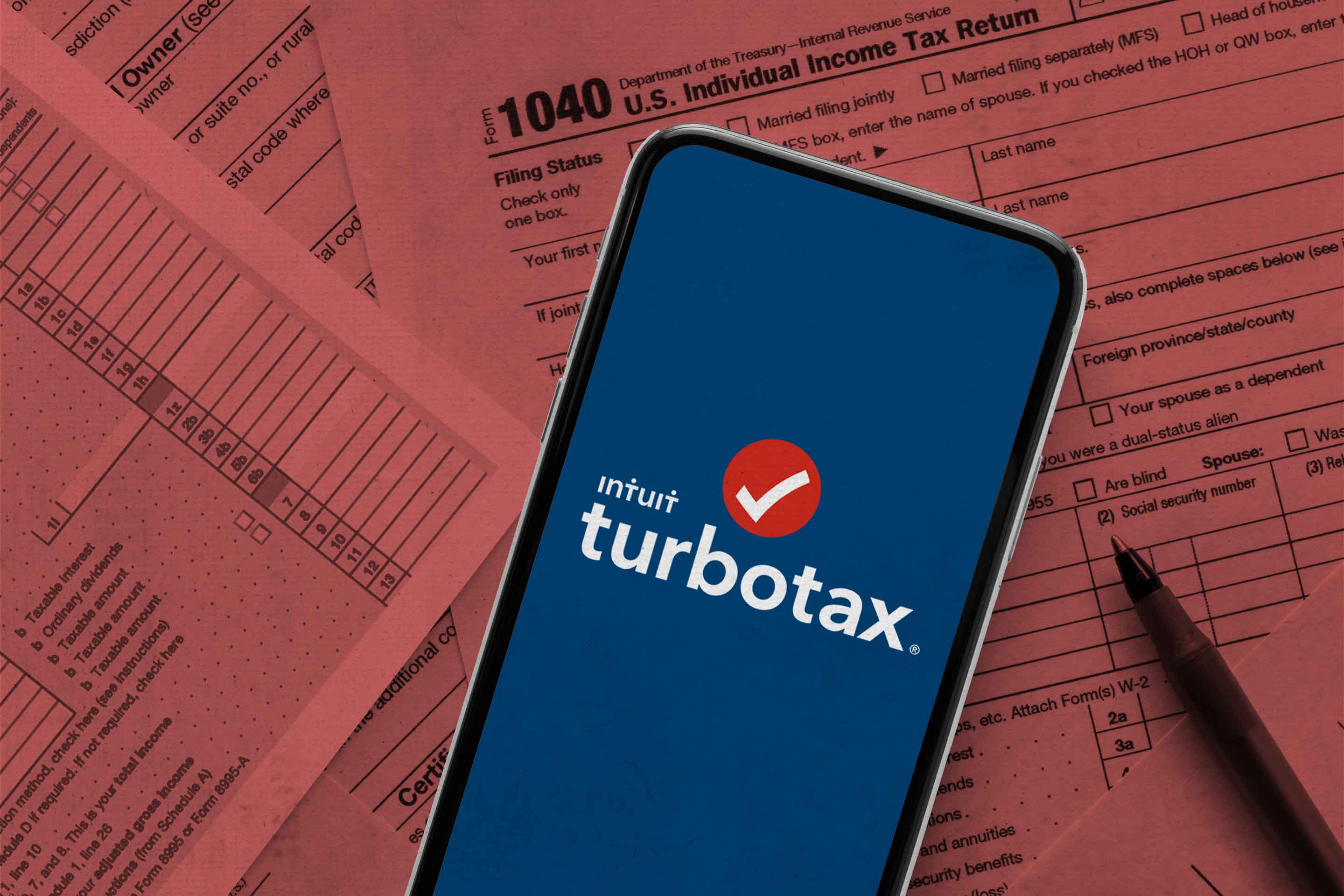Home>Finance>What Are Stocks? A Beginner’s Guide To Stock Investing


Finance
What Are Stocks? A Beginner’s Guide To Stock Investing
Modified: September 6, 2023
You will learn about what are stocks, how stock market works, how you can invest in the stock market with a help of a broker, and even without one.
(Many of the links in this article redirect to a specific reviewed product. Your purchase of these products through affiliate links helps to generate commission for LiveWell, at no extra cost. Learn more)
People can get confused about what are stocks. When you hear about people losing portfolio value because of market decline, it’s normal to be afraid of venturing into stock investment. But also hearing about people getting significant returns, you know there’s an opportunity in stocks. Otherwise, you’re passing up on the chance to potentially earn big money.
What Are Stocks?
In the basic definition of the word, stocks give investors ownership of a company’s shares. This security entitles investors some ownership of assets and earnings.
How Do Stocks Work?

Photo by Mitchell Luo on Unsplash
Corporations, to raise funds and continue running the business to a wider scale make the company available for people to invest in through what we call shares.
Investors who buy a piece of the corporation are shareholders. In determining a person’s ownership to a company, you take the number of shares that the company IPO’s, say 1 million shares. If one person owns 100 shares, that will mean he has .01 percent ownership of the company.
Each share will have a different share price from company to company. AAPL, the ticker symbol for Apple, or example, is at 297.43 USD per share to date. As another example, GOOGL (ticker symbol for Google) is at 1,361.52 USD per share.
Take note that only a percentage of the company is available in the stock market. So it’s more accurate to say that the investor doesn’t own the corporation, but the shares issued by the corporation. This makes it impossible for shareholders to sell the company when they need money.
What Is The Stock Market?

Photo by Roberto Júnior on Unsplash
A stock market is a place where investors gather to sell and buy investments such as stocks. As companies list shares of their stock through an exchange, it allows people to invest in their company.
Different Types
When people talk about stocks, most likely, they are referring to common stocks. Depending on the fortunes of the company, common stocks may or may not issue dividends. For every share owned, an investor can have a vote in electing board members who will decide for the management. Common stocks provide bigger returns.
Preferred stocks don’t give investors access to decisions with electing board members. However, preferred investors get a fixed dividend. Since the dividends from preferred stocks are much higher than the one issued for common stocks, they are much ‘preferred,’ gets paid first, or have a greater claim to a company’s assets.
If you want to know more, here are other different stocks and the best ones to buy and invest in.
How Do You Make Money With Stocks?

Photo by Gino Crescoli on Pixabay
There are two ways people make money with stocks. The first is through Dividends. Companies issue dividends (either in the form of cash payments or shares of stock) regularly to distribute profit.
On another note, when a company gets a surplus of profits, it takes a portion of the profit and reinvests it back into the business, they distribute the rest as dividends.
Another way to earn through stocks is through Appreciation. Appreciation is the increase in the value of an asset. People buy stocks in hopes of their value increasing. On the surface, we can look at the value of stocks changing because of supply and demand played by factors such as the company’s current value, future growth, and future earnings. In the easy world, that makes stock investing very simple. However, other factors and variables are contributing to the stock value.
How To Invest In The Stock Market
Investing in the stock market is not only limited to buying stocks. When you’ve contributed to a retirement fund called 401(k) offered in your workplace, you may already be investing in the stock market indirectly.
1. Decide On A Budget
It’s a basic step and the most important rule in investing but one that many people fail to follow. That is, never invest money that you can’t afford to lose.
2. Open a Brokerage Account and Choose a Stockbroker

Photo by Helloquence on Unsplash
A brokerage account is where you put the money to invest in. Choosing a stockbroker will depend on how you want to invest. Whether you can buy and sell stocks on your own, or you want someone more experienced to do it for you.
In this article, we deep dive into what a brokerage account is, what are the different types of a brokerage account, how many accounts you can open, how to open one, and the different types of stockbrokers to choose from.
3. Choose Between Market Orders Vs Limit Order
It’s important to know about the term market order and limit order as early as now in your investment journey. There are two ways that you can place an order, either at the market or at the limit.
When you say “at the market,” you buy the stocks at the current market price as buying a car in a dealership. When you say “at the limit,” you set a price that you pay it. When price changes and it matches the parameters you’ve set, that’s the only time it buys the stock.
Can You Buy Stocks Online Without A Broker?

Photo by Lorenzo Cafaro on Pixabay
Although finding a broker is one of the first steps, no rule prevents you from investing without one. Some people invest without a broker to avoid costs. Apart from broker fees, investors can also save on potential commission savings and earn much higher dividends.
However, there are some downsides. Investing on your own doesn’t mean that all transactions and setup fees will be free. Some direct investment plans still will charge a fee for you to get started.
Also, direct investment plans close up some investment opportunities that a broker can get you. Aside from managing your money, you are also in charge to take over the administrative hassles.
Different Ways To Invest Without a Broker
When you’ve weighed the pros and cons, here are two ways you can buy stocks without a broker.
1. DSPP (Direct Stock Purchase Plan)
DSPP plans are programs offered by some companies that allow investors to invest without a broker. It comes at a lower fee. This is ideal for investors with little money to start with.
2. DRIP (Dividend Reinvestment Plan)
If the company offers dividends, DSPP can also offer DRIP which allows investors to reinvest their dividends in the same stocks. DSPP and DRIP are a good combination to enroll in. However, when you compare it to getting a broker, the cons outweigh the pros.
DSPP and DRIP will still come with unexpected fees. You also have lesser options in the stocks to buy.
In Conclusion…
As mentioned earlier, the stock value depends on many factors. So while it helps to predict the stocks by learning about indicators in the stock chart, calculating numbers, and following graph patterns, there’s no absolute way to determine.
That being said, maybe we can think of stocks as calculated luck. Investing in stocks is as risky as any investment. But with this knowledge that you already know, you can dive into the stock investments, and work your way into developing your strategies.














